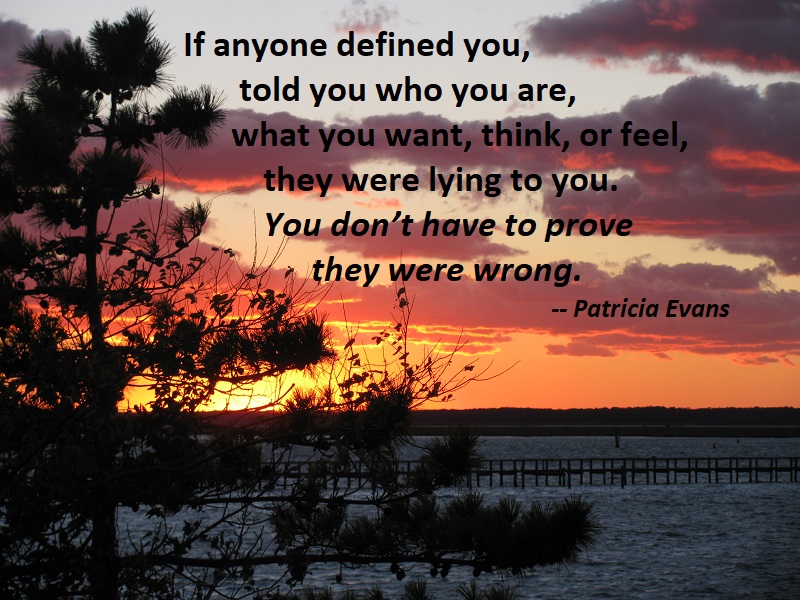I am not certain my change of heart would have occurred outside the context of the church. For as I sat on the town-square bench, my mind was filled with stories and examples of forgiveness I had learned at the church’s knee. While I belong to a number of organizations and institutions, only the church has given me the language of reconciliation and has concerned itself with my human growth and betterment. When I have been angry, it has taught me to forgive. When I have been lonely, the church has provided friendship. When I was happy, it celebrated with me. When I was sad, it shared my grief. When I was egotistical, thinking only of myself, the church corrected me and taught me to consider others. When I was stingy, it taught me generosity. And when I was fearful, it taught me courage. In short, the church let me practice what it meant to be human. Not just any kind of human, but the best human I could be.
It is also abundantly clear that what the church has provided for this Christian has also been provided to the Jew, the Muslim, the Buddhist, and others by their spiritual communities. All of them, in their own contexts, have been taught what it means to be human. To be sure, I and others have not consistently lived up to the ideals of our spiritual communities, but those ideals are no less important and imperative.
— Philip Gulley, The Evolution of Faith, p. 185-186
